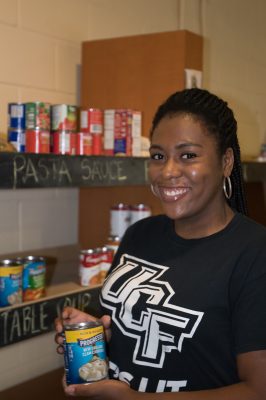LEAD Scholars Academy:
Integrative Learning through Service-Learning
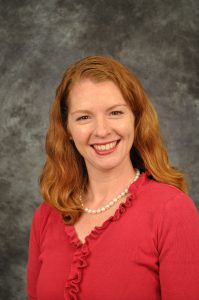
Dr. Stacey Malaret
Director of LEAD Scholars Academy
The LEAD Scholars Academy first- and second-year program at UCF is a selective, two-year leadership development program for students committed to academic excellence and making a difference in the world around them. As the only academic and co-curricular leadership program in Florida, LEAD Scholars Academy offers many exciting opportunities in academics, leadership opportunities, student organizations, service learning, and campus life to our students. LEAD Scholars Academy provides students with various opportunities to learn more about themselves, develop new leadership skills, and become student leaders through programs, events, and academic classes including a Leadership Studies minor and certificate, campus-wide leadership workshops, leadership retreats, and leadership conferences. Our scholars make a difference in the UCF and Central Florida community with thousands of hours of community service each year.
In the 23 years since it was established, the LEAD Scholars Academy has been immensely successful recruiting and retaining talented undergraduates, with retention and graduate rates (95.5% and 62.2% respectively) above the university average, but even though it is a “stand-alone” learning community, many of the curricular and co-curricular experiences might be adapted to various academic majors around campus. All of our students, not just LEAD Scholars, can benefit from participating in service-learning opportunities and from being introduced to the social change model of leadership, which I discuss below.
LEAD Scholars Academy Academic Courses
All LEAD Scholars take a service-learning designated class each semester that they are active in the Academy. These courses are offered through Interdisciplinary Studies in the College of Undergraduate Studies. LEAD Scholars Academy currently offers six LDR courses through the College of Undergraduate Studies ranging from zero credit hour to two credit hours per course. Last year alone, students in LDR courses verified more than 20,000 service hours in our Central Florida community. These service experiences are combined with classroom assignments, discussions and co-curricular opportunities for a truly integrative-learning experience for all LEAD Scholars
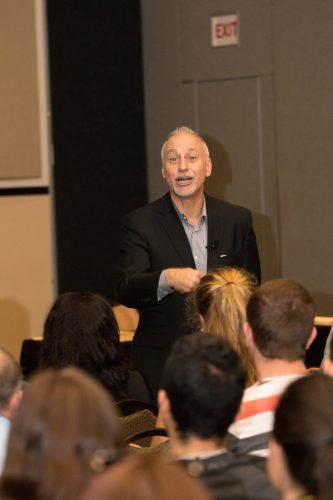
Social Change Model of Leadership
All Leadership Studies courses focus on the theoretical framework of the Social Change Model (SCM) of Leadership. Key assumptions of the model include that leadership is collaborative and effective if based on a collection of actions, shared power, and a social justice commitment. The model states that values-based leadership is essential, and it is important for actions to align with the values identified. According to the model, Leadership should include more than just individuals in charge—it is meant to be a group effort.
The model contends that anyone can be a leader, and that a person does not need a positional title in order to create positive social change. It also suggests that change is necessary for leadership, and effective leaders have the ability to create positive change for individuals and the community at large. The SCM focuses on seven key concepts of leadership, known as the Seven C’s of Social Change. The seven components are grouped into three areas: individual, group, and societal values and include citizenship, common purpose, collaboration, controversy with civility, consciousness of self, congruence, and commitment. (Higher Education Research Institute, 1996).

Social Change Model of Leadership
All Leadership Studies courses focus on the theoretical framework of the Social Change Model (SCM) of Leadership. Key assumptions of the model include that leadership is collaborative and effective if based on a collection of actions, shared power, and a social justice commitment. The model states that values-based leadership is essential, and it is important for actions to align with the values identified. According to the model, Leadership should include more than just individuals in charge—it is meant to be a group effort.
The model contends that anyone can be a leader, and that a person does not need a positional title in order to create positive social change. It also suggests that change is necessary for leadership, and effective leaders have the ability to create positive change for individuals and the community at large. The SCM focuses on seven key concepts of leadership, known as the Seven C’s of Social Change. The seven components are grouped into three areas: individual, group, and societal values and include citizenship, common purpose, collaboration, controversy with civility, consciousness of self, congruence, and commitment. (Higher Education Research Institute, 1996).
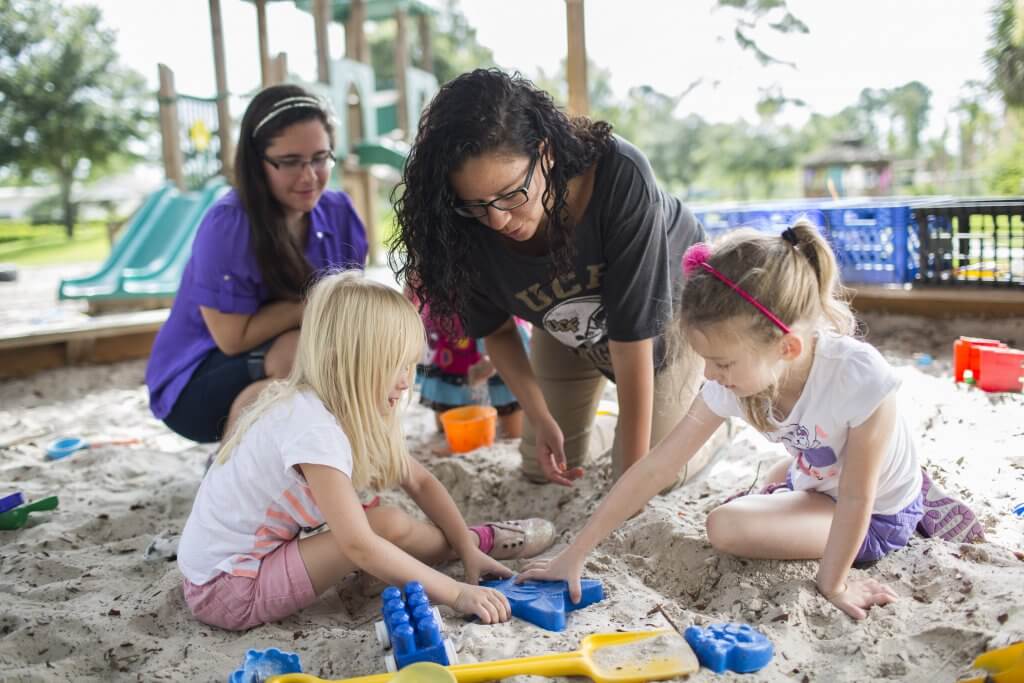
LEAD Scholars Academy: Integrative Learning through Service-Learning
LEAD Scholars Academy instructors work with a variety of non-profit agencies and allow students to complete small-group and large-scale service projects to assist the community while also providing key learning opportunities that can be translated into learning about leadership..
The goal of the LEAD Scholars Academy is to not only promote service learning within a single semester but to encourage students to become social change agents and to continue to serve after the semester ends.

Service-Learning
LEAD Scholars Academy instructors work with a variety of non-profit agencies and allow students to complete small-group and large-scale service projects to assist the community while also providing key learning opportunities that can be translated into learning about leadership..
The goal of the LEAD Scholars Academy is to not only promote service learning within a single semester but to encourage students to become social change agents and to continue to serve after the semester ends.
Hearts for the Homeless
LEAD Scholars wanted to help the homeless population become aware of their health and their blood pressure numbers. A group of students decided to work with the Sunday Knight Food Share and other entities downtown to create Hearts for the Homeless and currently provide free blood pressure screenings to the homeless population several times a week.
This opportunity allowed pre-med majors to receive hands-on practice in preparation for medical school while also providing them a wonderful service-learning experience to reflect on in the classroom. Hearts for the Homeless is now at multiple locations throughout Florida and the United States, allowing other college students to make a social change in their communities as well.
Hearts for the Homeless
LEAD Scholars wanted to help the homeless population become aware of their health and their blood pressure numbers. A group of students decided to work with the Sunday Knight Food Share and other entities downtown to create Hearts for the Homeless and currently provide free blood pressure screenings to the homeless population several times a week.
This opportunity allowed pre-med majors to receive hands-on practice in preparation for medical school while also providing them a wonderful service-learning experience to reflect on in the classroom. Hearts for the Homeless is now at multiple locations throughout Florida and the United States, allowing other college students to make a social change in their communities as well.
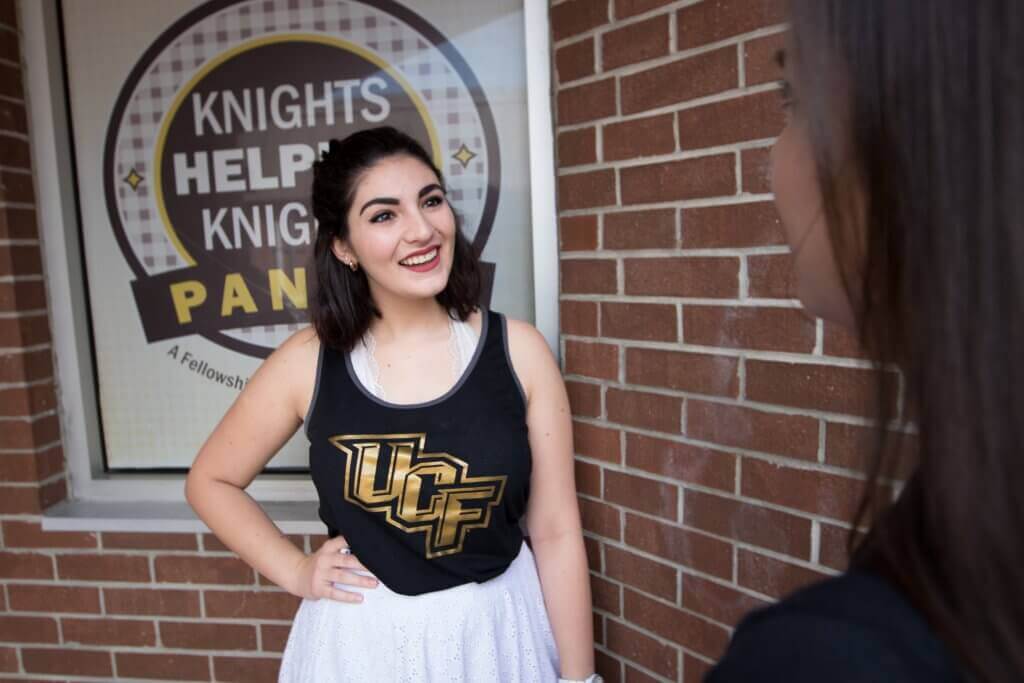
Knights Pantry
In 2009 LEAD Scholars enrolled in a LDR 2001 Introduction to Leadership class section were concerned about fellow students who had food insecurities. The students who spearheaded this grass-roots project wanted to make sure that no UCF Knight had to choose between food and other required academic materials, so they created a food bank for UCF students. The Knights Pantry, which was originally housed in a closet on the third floor of the student union, has now grown to a massive organization on campus, which is open six days a week for students in need.
The Pantry does not just provide food staples for students in need; it also offers opportunities for students to learn how to cook fresh produce. A current LEAD Scholar David Murray has reaped the benefits of the LEAD Scholars who created the food pantry. Murray is a former foster care youth and second-year LEAD Scholar who was in need. He stated, ”Knights Pantry has more than I could have ever asked for, and it has helped me master my skills on making meals from anything.”

Knights Pantry
In 2009 LEAD Scholars enrolled in a LDR 2001 Introduction to Leadership class section were concerned about fellow students who had food insecurities. The students who spearheaded this grass-roots project wanted to make sure that no UCF Knight had to choose between food and other required academic materials, so they created a food bank for UCF students. The Knights Pantry, which was originally housed in a closet on the third floor of the student union, has now grown to a massive organization on campus, which is open six days a week for students in need.
The Pantry does not just provide food staples for students in need; it also offers opportunities for students to learn how to cook fresh produce. A current LEAD Scholar David Murray has reaped the benefits of the LEAD Scholars who created the food pantry. Murray is a former foster care youth and second-year LEAD Scholar who was in need. He stated, ”Knights Pantry has more than I could have ever asked for, and it has helped me master my skills on making meals from anything.”
Green Greeks
Moreover, these service projects are not just “stand-alone” ventures; rather, they can build on one another to benefit the community. For example, another LEAD Scholar wanted to utilize land at the fraternity and sorority houses on campus to plant gardens and founded the Green Greeks initiative. These gardens would then produce fruits, vegetables and herbs that could be used by the fraternity and sorority members, but this student took it a step further in helping others as well.
Today, these houses keep half of the produce for their members and donate the rest to the Knights pantry, allowing students with food insecurities to enjoy fresh produce. Plans are in place to expand Green Greeks to downtown Orlando.
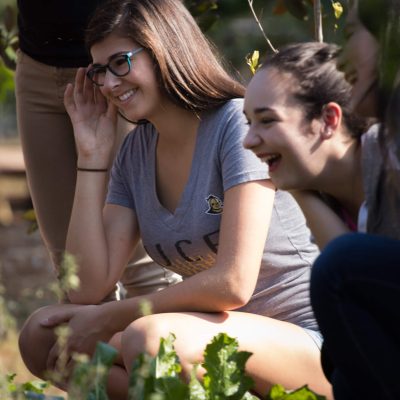

Green Greeks
Moreover, these service projects are not just “stand-alone” ventures; rather, they can build on one another to benefit the community. For example, another LEAD Scholar wanted to utilize land at the fraternity and sorority houses on campus to plant gardens and founded the Green Greeks initiative. These gardens would then produce fruits, vegetables and herbs that could be used by the fraternity and sorority members, but this student took it a step further in helping others as well.
Today, these houses keep half of the produce for their members and donate the rest to the Knights pantry, allowing students with food insecurities to enjoy fresh produce. Plans are in place to expand Green Greeks to downtown Orlando.
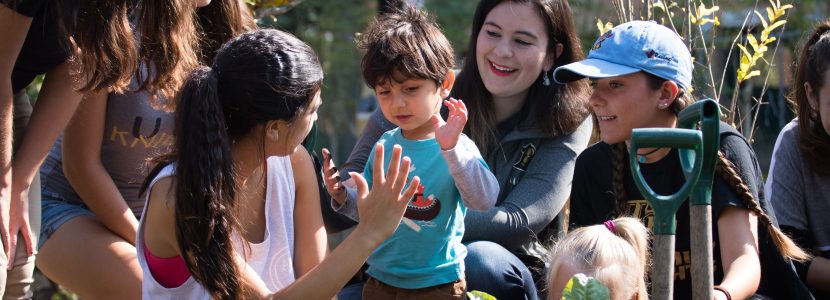
Service-learning has the capacity to change a student’s life as well. For this reason, one of the most important aspects of service-learning assignments is the accompanying reflective writing assignment, which allows students to “process” their experiences and articulate their impact. Please see below for an excerpt of a social change assignment from a LDR 3215 service-learning course, in which a student reflects on the transformative power of her service project with individuals with special needs.
“I used to be more human. When I was 7-years old, Bailey Beeson jumped off the slide and landed on my head, burying my face in sand. I begged the P.E. monitor not to take away his playground privileges because he didn’t know better. Bailey had autism, but it didn’t matter. When I was 17-years old, Christian Estrada had a crush on me. Every day at lunch he would bring me a cookie. He said I deserved a cookie all the time. I stopped going to lunch. Christian had autism, and it mattered. I used to be more human… Originally, I selected this course because it was most convenient for my schedule and did not even know the subject until I walked in the first day of class, but I am changed. I had let myself become apathetic. I paid no mind to the special needs community simply because it did not affect me, and I am ashamed. I am ashamed that I let myself become another person who only felt pity. Nobody needs pity. What people need is friendship and respect and love. Now I know. Now I know that the world I live in isn’t the one I want. I want a world where everyone has their rights acknowledged and represented and they are valued for what they can do rather than damned for what they cannot. I have learned from my ignorance, and I’m on my way to being more human again.”
In summary, LEAD Scholars Academy offers multiple options for students to utilize integrated learning strategies. Service-Learning is one strategy that can be used in any discipline and can greatly benefit not only the student, but the community as well. If you have any questions about service-learning initiatives or LEAD Scholars Academy please contact Stacey Malaret at Stacey.Malaret@ucf.edu.

Service-learning has the capacity to change a student’s life as well. For this reason, one of the most important aspects of service-learning assignments is the accompanying reflective writing assignment, which allows students to “process” their experiences and articulate their impact. Please see below for an excerpt of a social change assignment from a LDR 3215 service-learning course, in which a student reflects on the transformative power of her service project with individuals with special needs.
“I used to be more human. When I was 7-years old, Bailey Beeson jumped off the slide and landed on my head, burying my face in sand. I begged the P.E. monitor not to take away his playground privileges because he didn’t know better. Bailey had autism, but it didn’t matter. When I was 17-years old, Christian Estrada had a crush on me. Every day at lunch he would bring me a cookie. He said I deserved a cookie all the time. I stopped going to lunch. Christian had autism, and it mattered. I used to be more human… Originally, I selected this course because it was most convenient for my schedule and did not even know the subject until I walked in the first day of class, but I am changed. I had let myself become apathetic. I paid no mind to the special needs community simply because it did not affect me, and I am ashamed. I am ashamed that I let myself become another person who only felt pity. Nobody needs pity. What people need is friendship and respect and love. Now I know. Now I know that the world I live in isn’t the one I want. I want a world where everyone has their rights acknowledged and represented and they are valued for what they can do rather than damned for what they cannot. I have learned from my ignorance, and I’m on my way to being more human again.”
In summary, LEAD Scholars Academy offers multiple options for students to utilize integrated learning strategies. Service-Learning is one strategy that can be used in any discipline and can greatly benefit not only the student, but the community as well. If you have any questions about service-learning initiatives or LEAD Scholars Academy please contact Stacey Malaret at Stacey.Malaret@ucf.edu.
Resources:
To learn more about how to have a class designated as service-learning please visit Experiential Learning’s website and here for service-learning resources.
To receive lesson plans, assignments, syllabi or rubrics from LEAD Scholars Academy courses please email Stacey.Malaret@ucf.edu
References:
Higher Education Research Institute. (1996). A social change model of leadership development (Version III). Los Angeles: University of California Los Angeles, Higher Education Research Institute.
